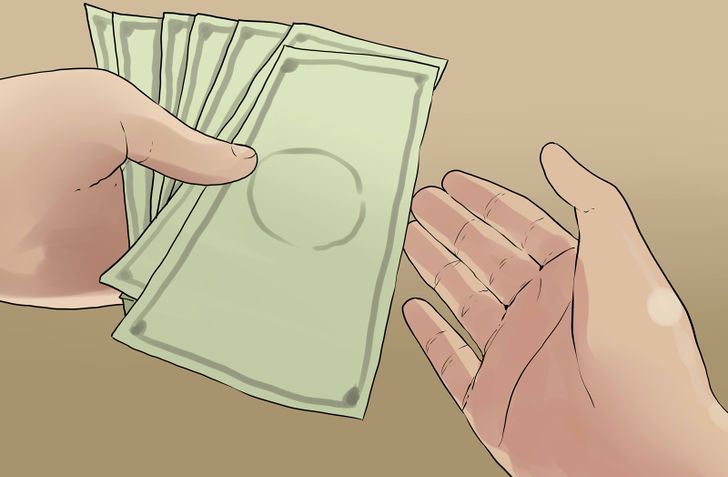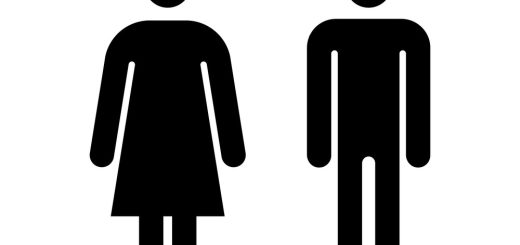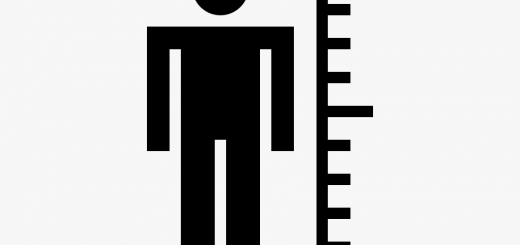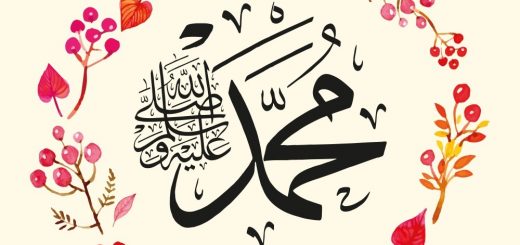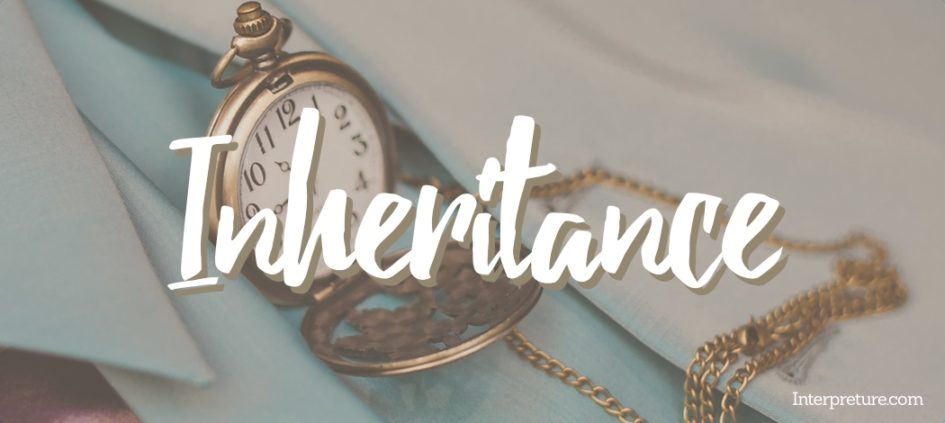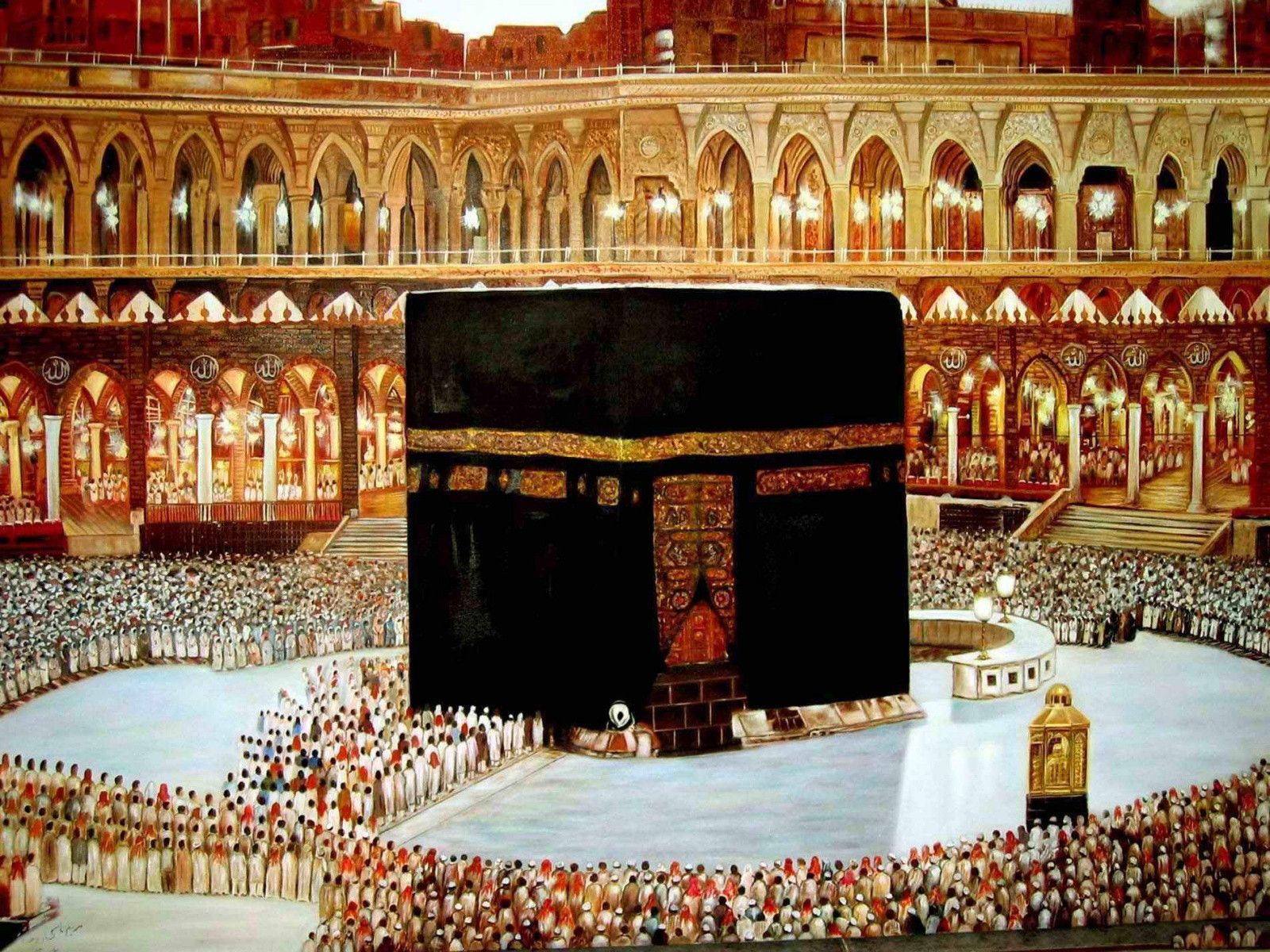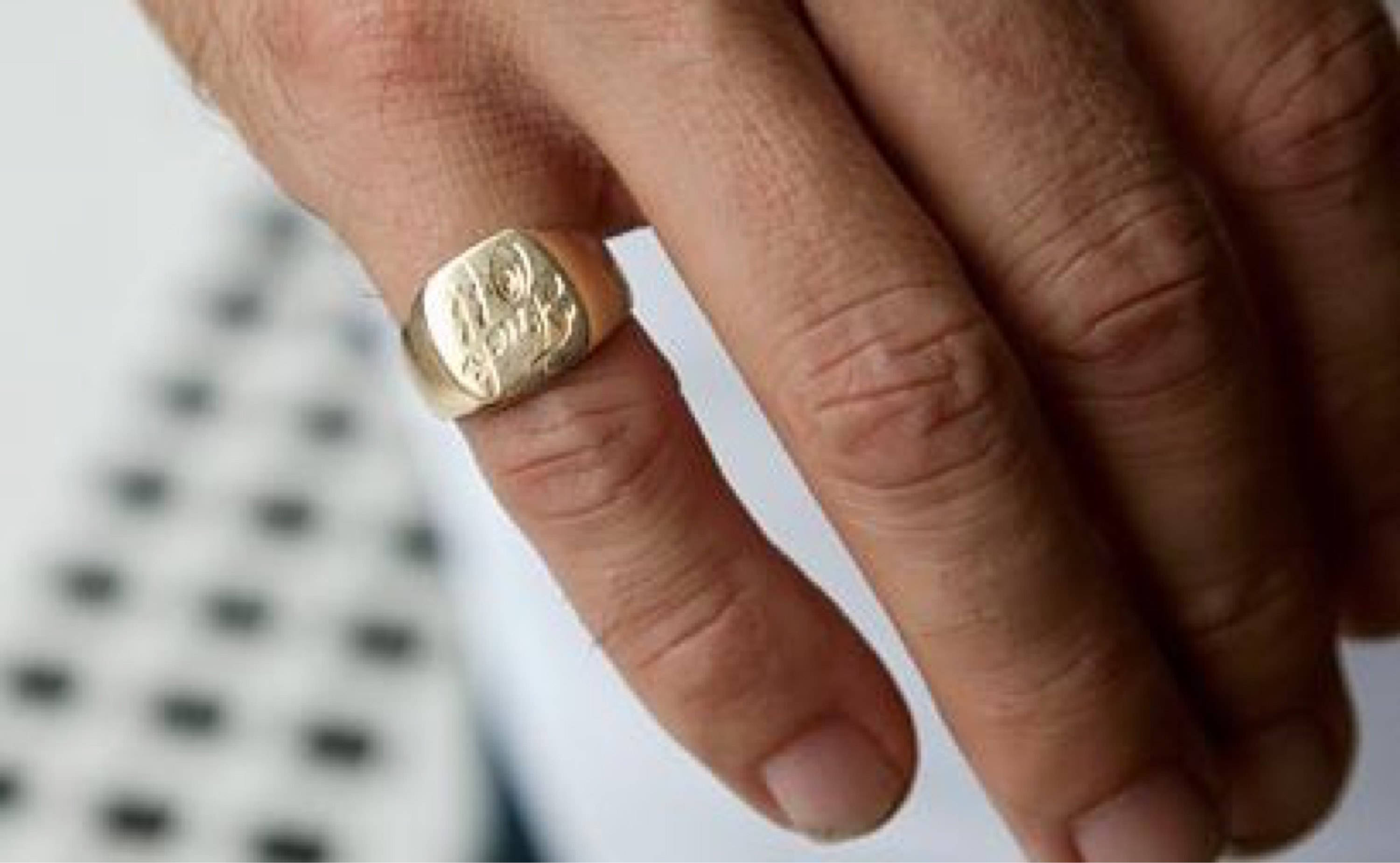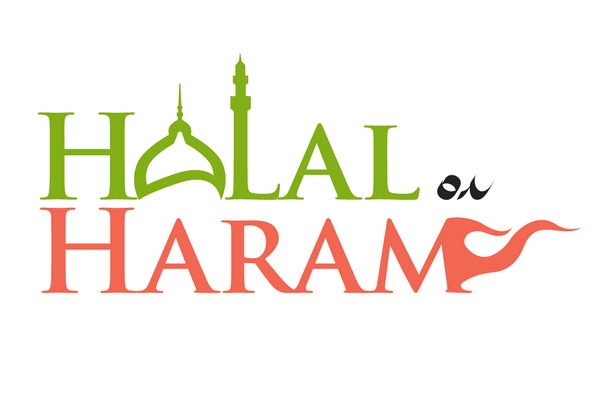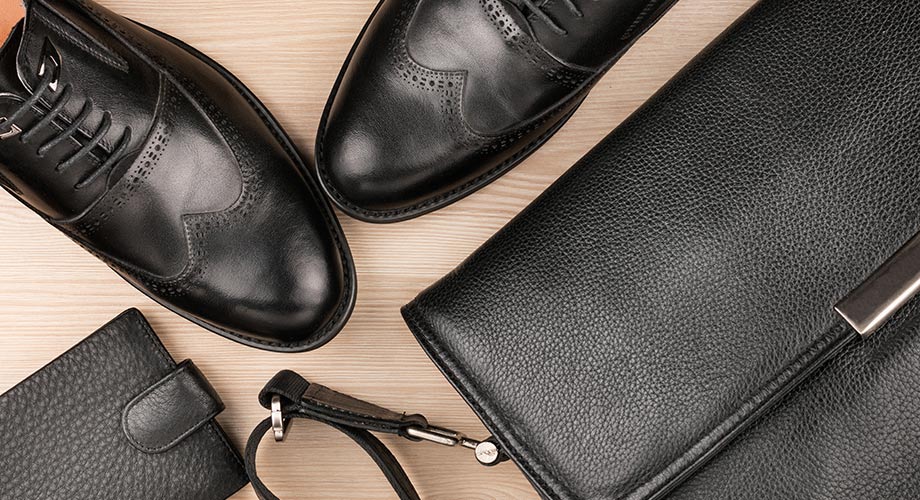QUESTION:
Zayd took some money from Bakr as a loan for a specified period of time and did not mention interest or anything of the like, rather, he specifically said, “I am taking this loan without any interest”. If, at the time of paying back the loan, any extra money is given, will that extra money be considered interest, or will it be considered a Sunna or recommended (mustaḥabb) act?
ANSWER:
Since paying back extra was neither specifically promised, and since it is not usually a condition of repayment, any idea of interest is not considerable here, especially since Zayd verbally specified the negation of interest. This will be considered a recommended (mustaḥabb) act and is an established Sunna based on the Hadith present in Saḥīḥ Bukhārī and Saḥīḥ Muslim from Jabir ibn Abdullah رضي الله عنهما:
اتيت النبي صلى الله عليه و سلم و كان لي عليه دين فقضاني و زادني
“I came to the Prophet صلى الله عليه و سلم when he owed me a debt, so he paid me, and he paid extra.” [Saḥīḥ Bukhārī, Kitāb fi’l Istiqrāḍ, Bāb Ḥusn il Qaḍā’, Hadith 2394. Saḥīḥ Muslim, Kitāb Ṣalāt il Musāfir, Bāb Istiḥbāb Taḥīyyat il Masjid bi Rak`atayn, Hadith 715]
It is also established by another hadith in the same two collections from Abu Hurayrah رضي الله عنه:
كان لرجل على النبي صلى الله عليه و سلم سن من الابل فجاءه يتقاضاه فقال اعطوه فطلبوا سنه فلم يجدوا الا سنا فوقها فقال اعطوه فقال اوفيتني وفى الله بك فقال النبي صلى الله عليه و سلم ان خياركم احسنكم قضاء
“A man who was owed a camel of a certain age by the Prophet صلى الله عليه و سلم came to him to ask for it back, so the Prophet صلى الله عليه و سلم told his companions to give it to him, but they only found a camel that was one year older than the camel that was given. The Prophet صلى الله عليه و سلم told them to give it to him, and the man said, ‘You have paid me in full, may Allah pay you in full’. The Prophet صلى الله عليه و سلم said, ‘The best of you are those who pay their debts handsomely’.” [Saḥīḥ Bukhārī, Kitāb fi’l Istiqrāḍ, Bāb Ḥusn il Qaḍā’, Hadith 2393, Saḥīḥ Muslim, Kitāb ul Musāqah, Bāb Man Istaslafa Shay’an fa Qaḍā Khayran minhu, Hadith 1602]
The same practice is established in yet another Hadith from Suwayd ibn Qais al-`Abdi:
جلبت أنا ومخرمة العبدي بزًا من هجر، فجاءنا النبي صلى الله عليه وسلم فساومنا سراويل، وعندي وزان يزن بالأجر، فقال النبي صلى الله عليه وسلم للوزان زن وأرجح
“Makhrama al-`Abdi and I brought some cloth from [the land of] Hajar. The Prophet صلى الله عليه و سلم came to us and bargained with us for some trousers, and I had a man who was weighing the cloth in order to fix the price. The Prophet صلى الله عليه و سلم said to the man, ‘Weigh and add a little’.” [Musnad Imām Aḥmad Hadith 19098. Jāmi` Tirmidhi, Kitāb ul Buyū`, Bāb ma Jā’a fi’l Rujḥān fi’l Wazn, Hadith 1305, Ḥasan-Saḥīḥ. Sunan Abi Dāwūd, Kitāb ul Buyū`, Bāb fi’l Rujḥān fi’l Wazn wa’l Wazn bi’l Ajr, Hadith 3336. Sunan ibn Mājah, Kitāb ut Tijārāt, Hadith 2305. Sunan Nasā’ī, Kitāb ul Buyū`, Bāb ur Rujḥān fi’l Wazn, Hadith 4592]
However, the condition of this type of repayment is that the amount should be either indivisible, like owing $9.50 and paying back $10 all at once such that one dollar cannot be divided into two parts (i.e. one dollar does not split into two dollars), or divisible and paid separately, like owing $10 and paying back $10 and then paying $1 separately. In these two scenarios, any extra money paid to Bakr will be considered lawful (halal). If the amount was divisible but paid all at once, like owing $10 and paying back $11, then this payment will neither be considered a valid gift, nor will Bakr be considered the owner of that extra amount. It is written in Fatāwa `Ālamgīri:
رجل دفع الى رجل تسعة دراهم و قال ثلاثة قضاء من حقك و ثلاثة هبة لك و ثلاثة صدقة فضاع الكل يضمن ثلاثة الهبة لانها هبة فاسدة و لا يضمن ثلاثة الصدقة لان صدقة المشاع جائزة الا في رواية كذا في محيط السرخسي
“If a man pays someone nine dirhams and says, ‘Three are your debt, three are a gift for you, and three are charity’, then the entire amount is wasted. He will be liable for the three dirhams given as a gift because it is an invalid gift. He will not be responsible for the three given as charity because charity mixed with other money is permissible except according to one opinion. This is the position mentioned in the ‘Muḥīṭ’ of Sarakhsi.”
[Fatāwa Hindīyya, Kitāb ul Hibah, al-Bab uth-Thānī, Vol 4, pg. 379, Dār ul Kitāb]
And Allah knows best.
Translated by Omair Shariff – answer from alhaneef.com
Also see:
[Q-ID0262] I want to loan money to someone, but want some benefit from it, what can I do?
[Q-ID0261] How can any extra money be taken for a Loan without taking interest?
[Q-ID0260] Is it permissible to take out a mortgage in England?
[Q-ID0228] What is the Islamic ruling on taking out a Life Insurance policy in the UK?
